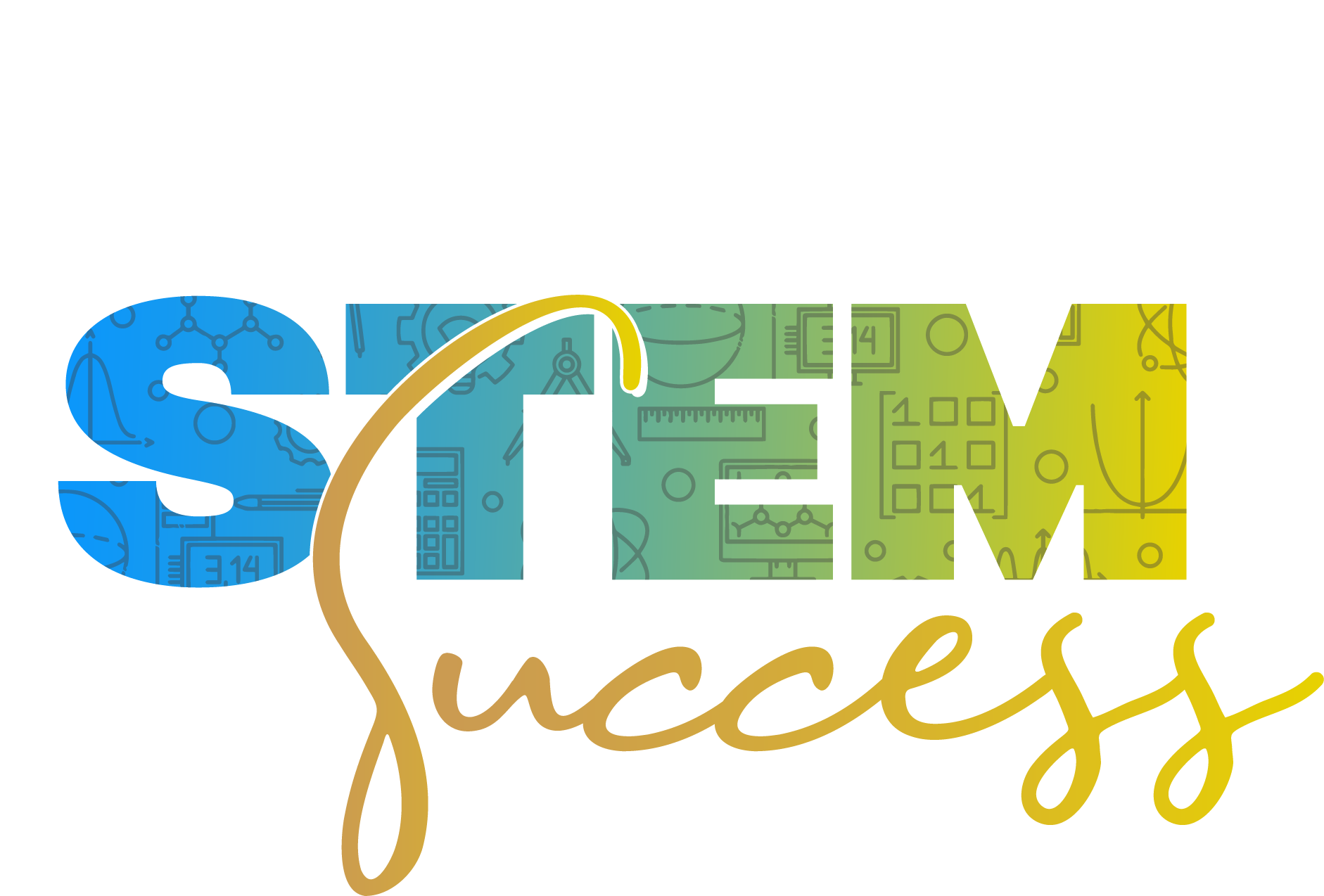
Tech’s Diversity Issues Need Community-Based Solutions
The lack of diversity in STEM fields is a problem – not just for underrepresented communities, but for the industry itself. Homogenous groups of scientists do less influential science. Less diverse design teams are less creative. The unconscious bias of coders becomes the unconscious bias of code: which in turn, becomes a PR nightmare for the owners of that code. The data is clear: there is a distinct competitive advantage to hiring a diverse team.
And yet. There is a persistent gap in representation in the American STEM workforce, especially among Black and Hispanic workers. A 2018 Pew Research study lays out the issues in stark terms:
- Black and Hispanic workers make up 11% and 16% of the American workforce respectively, but only 9% and 7% of the STEM workforce
- In computer and engineering-related jobs, two of the fastest-growing STEM job markets, representation rates for Black workers is even worse – only 7% and 5% respectively
- Representation gaps widen at the highest educated and highest paid levels
The problem is not just that STEM is failing to attract diverse interest – it is also that interest in STEM does not convert to a career in STEM at a proportionate rate across demographics. Black and Hispanic students also both switch out of STEM majors at near twice the rate of their white counterparts. If STEM companies and academic institutions want to reap the vast benefits of a more diverse workforce, they need to stop that trend.
The STEM community cannot afford to let another generation of talented diverse thinkers slip beyond its grasp. How can they ensure that underrepresented young people currently considering or beginning careers in STEM stay and advance?
A lot of people have written more eloquently than I could about how important it is for organizations to avoid placing the burden of “solving” diversity on BIPOC (Black, indigenous, and people of color) employees, especially when they haven’t asked for such a role. They can, however, support their employees in connecting directly with established minority voices in STEM fields through events like the STEM Success Summit, a free virtual event put on by STEMedia. This three-day event, taking place November 19-21, aims to foster community among young people who are currently underrepresented in STEM fields. The STEM Success Summit is founded and organized by a diverse group of scientists, engineers, and educators who know through lived experience how hard it can be for minority workers to find and maintain a career path in STEM. They have created this free, virtual event to offer inspiration, networking, and mentorship to people considering or starting STEM careers. Their goal is to connect attendees to both seasoned professionals and each other, so that they enter the STEM workforce with a diverse community at their backs.
Connecting BIPOC students and workers to peer and mentorship groups that can support their career paths as minorities within their chosen fields is a critical element of improving the inclusivity of STEM culture. For employers, this can take a lot of forms: paying membership fees to professional societies like the National Society of Black Engineers and the Society of Hispanic Professional Engineers; granting time off and (in non-pandemic times) supporting travel to attend events; and sponsoring cross-industry diversity initiatives. Helping an event like the STEM Success Summit grow is a simple but important step any STEM organization can take.
You can help the 2020 STEM Success Summit grow. If you’re beginning your STEM career, and you don’t see a lot of people like you in your classes or on your zoom calls, come. If you want to amplify the event’s reach, follow STEMedia on Twitter and LinkedIn and like and share event announcements. If you want to make an organizational commitment and connect to attendees, sponsor the event.
Too many STEM careers are abandoned before they really begin in earnest, but by supporting the STEM Success Summit, you can help change that. To find more information about the event, or to inquire about speaking or sponsorship opportunities, visit the STEM Success Summit website.
